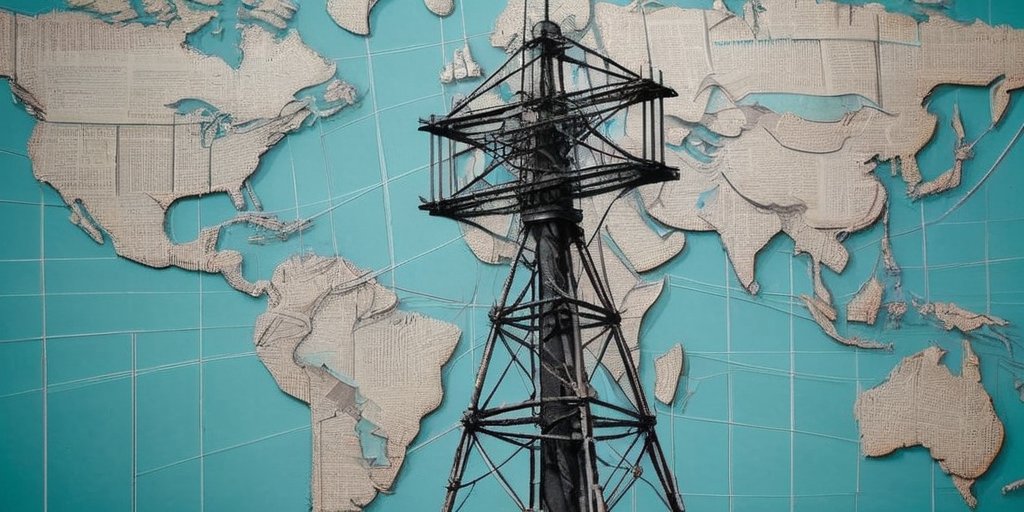In a significant move that has stirred international discourse on press freedom, former President Donald Trump has enacted an executive order to cut public funding for the Voice of America (VOA) and Radio Free Asia (RFA). This decision affects the livelihoods of approximately 1,300 employees at VOA, who have been put on paid leave since the order was announced. Chinese state media, particularly the Global Times, has publicly praised this action, terming VOA a “lie factory” and stating that it has been discarded “like a dirty rag.”
Critics of the move emphasize that it marks a worrisome shift away from democratic values. The White House, however, has defended Trump’s cuts, claiming that they will alleviate the financial burden on taxpayers by eliminating support for what they describe as radical propaganda. The cuts specifically target the US Agency for Global Media (USAGM), an organization funded by Congress that supports the troubled media outlets.
VOA, which has gained recognition for its journalism in places where free press is heavily restricted, serves a global audience of around 360 million through broadcasts in nearly 50 languages. Its reports have been crucial in raising awareness about human rights abuses in authoritarian regimes, including maintaining a spotlight on the plight of Uyghur Muslims in China and the oppressive actions of regimes in North Korea and Cambodia. Voice of America and Radio Free Asia have been particularly notable for reporting on human rights violations and granting a voice to those living under repressive regimes.
The ramifications of Trump’s cuts are expected to undermine America’s historical commitment to a free and independent press, according to the National Press Club, a respected organization representing journalists across the U.S. Reporters from both VOA and RFA have expressed deep concerns over how this decision will affect press freedom and the truthfulness of information disseminated in the U.S. alongside increased reliance on government-supported narratives abroad.
Valdya Baraputri, a VOA journalist who lost her job as a result of this funding cut, pointed out that such eliminations allow less scrupulous media channels to thrive, compromising the factual landscape that shapes public opinion and decision-making.
As global concerns about misinformation continue to rise, the implications of Trump’s cuts to these news outlets might serve to amplify authoritarian narratives, counter to the principles that VOA was established to combat during World War II. As authoritarian regimes increase their investments in shaping narratives, the contrasts between independent journalism and state-sponsored news outlet dynamics are becoming hotter topics of discussion across the globe, with journalists continuing to advocate for accurate and impartial reporting that reflects diverse perspectives.
